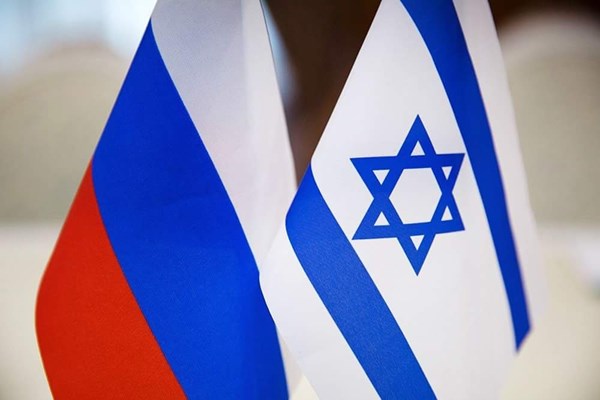Russian delegation arrives in Israel to discuss Syrian-Iranian issue
A delegation from Moscow headed by Deputy Foreign Minister Sergey Vershinin and Russian President's Special Envoy Alexander Lavrentiev arrived in Israel.
They were received at the Israeli Foreign Ministry by the General Director of the diplomatic department Yuval Rotem. The Kremlin envoys are expected to meet with the Israeli Prime Minister, Foreign Minister and Defense Minister Benjamin Netanyahu. According to Israeli sources, the parties will discuss "Syrian issues”.
As reported on the website of the Russian Foreign Ministry, the foreign ministers of Russia and Iran had a telephone conversation on Monday. Lavrov and Zarif "discussed the current situation in Venezuela” and “exchanged views on a number of urgent issues concerning bilateral cooperation."
After the victory over ISIL, the tension between the former allies in Syria has been increasing. According to different sources, the Syrian military units, "sponsored" by Iran and Russia and receiving commands from them, are fighting each other to get control of the territory and resources.
Meanwhile, Tehran publicly complains that Russians are not using S-300 systems against the Israeli air aircraft which strike Iranian bases in Syria.
In addition, Russian pro-Kremlin media did not report on the last Israeli air strike, which was viewed by observers as an indication that Russian authorities are not happy with the presence of Iran in Syria and that its anti-Israel activity in Syria is becoming a nuisance.
The visit of the Russian delegation to Israel has been organized at quite a high level. The delegation includes a representative of the Kremlin and the Foreign Ministry. This basically implies that Russia understands the needs of Israel, although Moscow’s position on this issue remains unclear. Having interfered in the situation in the Middle East, the Russian authorities have taken on many conflicting tasks, the fulfillment of which requires political maneuvering and multidirectional actions.
In the Russian policy, according to a number of sources, there is a confrontation of concepts, including the struggle of the old nomenclature of the Foreign Ministry having traditional Soviet positions against new pro-Western politicians who have more pragmatic views on international relations.
